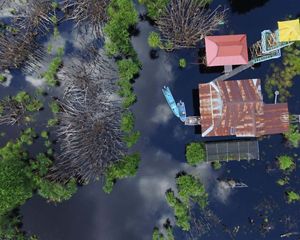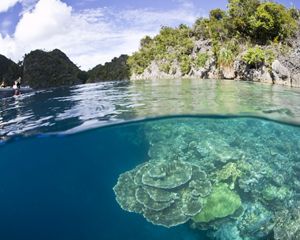Women and the Traditional Practice of Sasi
In Raja Ampat, women are taking the lead in marine conservation and resource management through the customary practice of sasi.

As the world's center of tropical marine biodiversity, the famed archipelago of Raja Ampat—comprising over 1,500 islands—is home to thousands of marine species and many coastal communities with deep cultural and economic ties to the sea. Since 2002, The Nature Conservancy and its country partner, Yayasan Konservasi Alam Nusantara (YKAN), have assisted the Indonesian government in establishing and managing over 800 hectares of marine protected areas in Kofiau and Misool islands.
To further strengthen marine conservation efforts within these marine protected areas, we are working with women groups in Raja Ampat to assist and implement a customary system of resource management called Sasi that is still being practiced today.
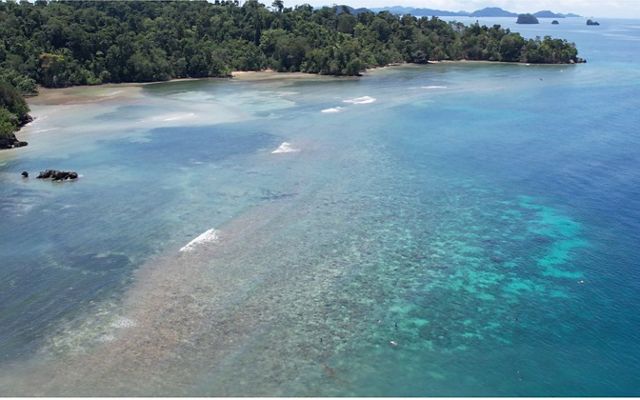
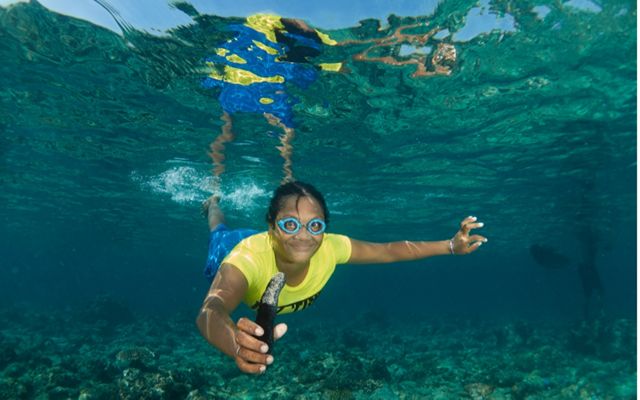
What is sasi?
Sasi refers to a traditional system of natural resources management in an agreed area, which can be applied to both terrestrial and ocean ecosystems. It describes specific, unwritten rules and regulations governing access to fishing areas, fishing gear, species targeted, and the time and location of harvest.
Preserving the Sasi Tradition
Sasi is an indigenous customary system of managing land and ocean resources by closing the use of resources in a specific area for a certain period of time. At sea, sasi involves limiting size and catch quantity. Other marine regulations include restricted fishing areas, fishing gear, target species, fishing season and so forth to prevent unsustainable harvesting, especially of slow-moving species like lobsters and sea cucumbers. This management system is still widely applied today in eastern Indonesia to allow resources to replenish naturally, but indigenous practices like these are rarely acknowledged by the Indonesian legal system.
Traditionally, the management of a sasi area is carried out by men. But while men do much of the fishing at sea, the harvesting of shallow water species can be done by women. Since 2011, TNC, YKAN and partners have assisted communities in Kofiau and Misool to play an essential role in the sustainable management of their natural resources. In 2012, led by the wife of a village leader, the Waifuna women’s group based in Kapatcol village was officially granted a sasi location to manage for the first time in Papua history. The women's ownership rights were also fully recognized by the village government, the church and customary holders.
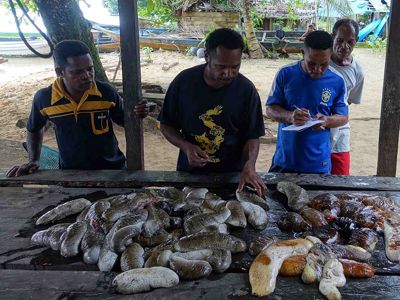
After harvesting sasi, villagers hands over the sea cucumber specimens first to the monitoring team for data analysis.
YKAN supported Waifuna in providing training around ecological assessments and monitoring to ensure the successful management of the sasi. Since then, Waifuna’s sasi has been so successful in managing their area and improving their profits that the village government has expanded their area from 32 hectares to over 200 in 2019. This work provides important evidence that by involving women in sasi management, gender equity and sustainable natural resource management can go hand in hand with conservation. In fact, the enthusiasm of Waifuna has inspired the formation of other women’s groups in villages like Aduwei and Salafen.
Today, YKAN continues to support communities and sasi groups in Raja Ampat by strengthening their commitment to marine conservation. This includes guidance and capacity-building efforts in organizational and financial management, as well as training in science-based conservation practices such as data monitoring, catch size and type recommendations, and the identification of sasi areas and harvesting periods. By including women and indigenous rights in marine conservation efforts, our goal is to ensure a sustainable future that supports both the rich marine biodiversity and economic development of communities in Raja Ampat.
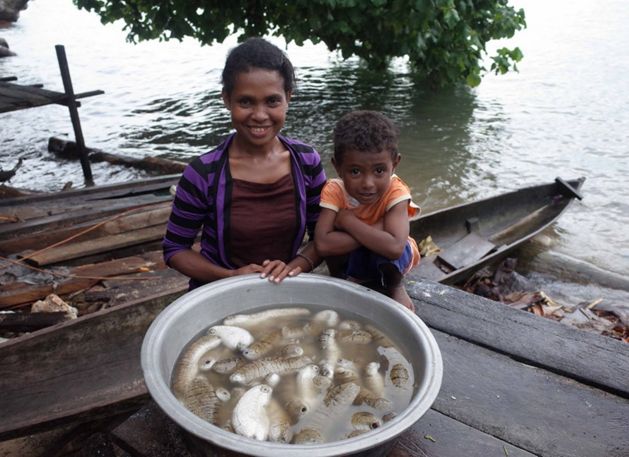
Stay in the Loop
Sign up to Receive Updates about TNC's Conservation Work around the World


